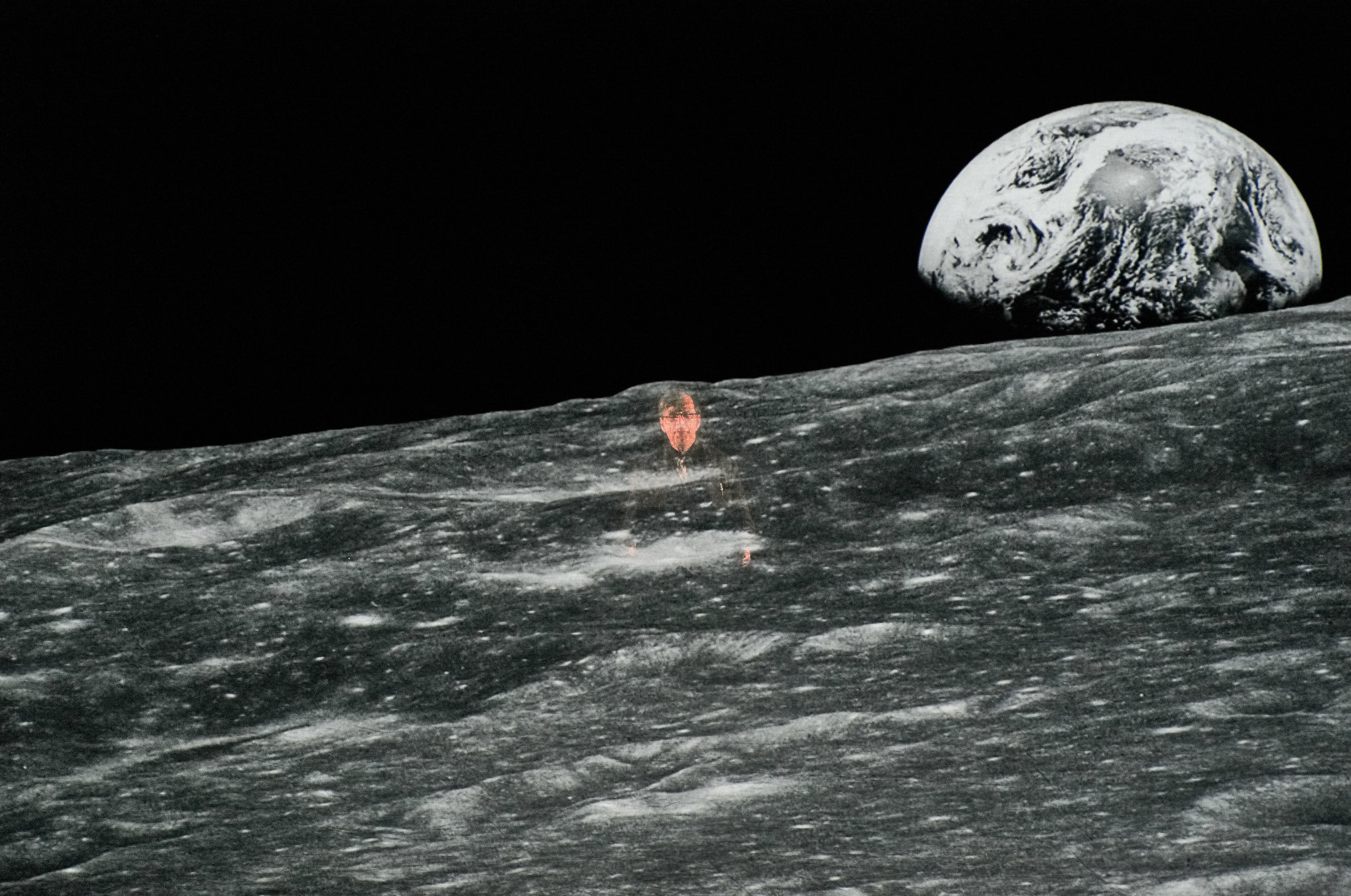
Bruno Latour Mounts a Defense of Science

Earlier this year, The New York Times published a profile of philosopher Bruno Latour on the occasion of the publication of his new book, Down to Earth. “He spent decades deconstructing the ways that scientists claim their authority,” Ava Kofman writes. “Can his ideas help them regain that authority today?”
What journalists, scientists and other experts fail to grasp, Latour argues, is that “facts remain robust only when they are supported by a common culture, by institutions that can be trusted, by a more or less decent public life, by more or less reliable media.” With the rise of alternative facts, it has become clear that whether or not a statement is believed depends far less on its veracity than on the conditions of its “construction” — that is, who is making it, to whom it’s being addressed and from which institutions it emerges and is made visible. A greater understanding of the circumstances out of which misinformation arises and the communities in which it takes root, Latour contends, will better equip us to combat it.
Via The New York Times.
Join our newsletter for the latest in long-term thinking
Subscribe